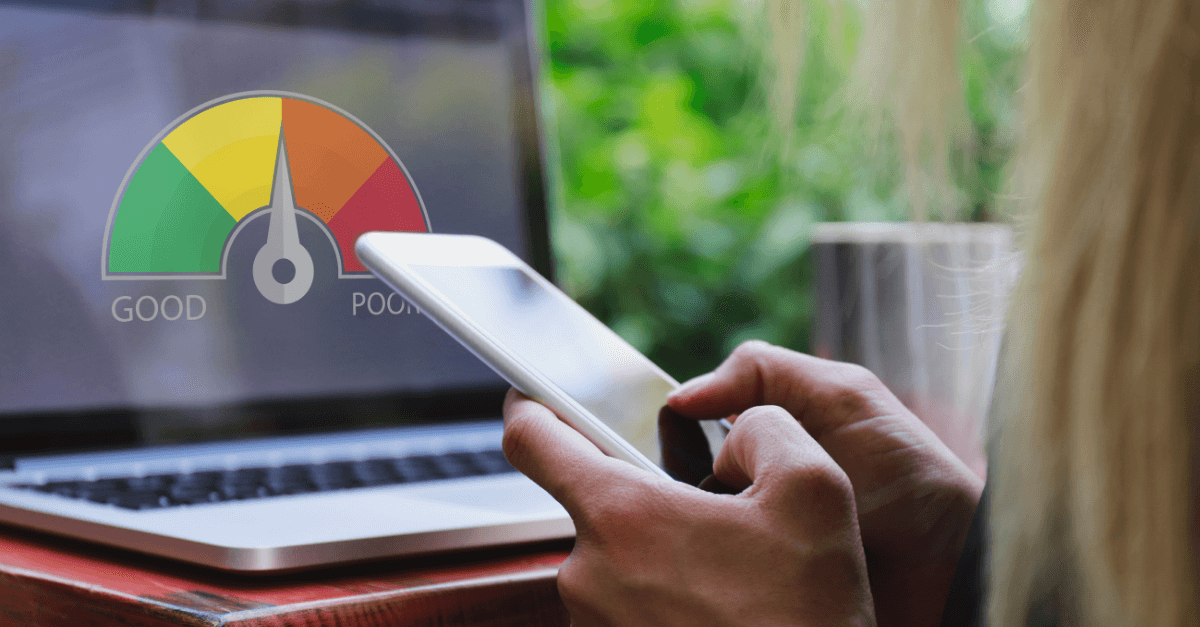When you understand what a big impact your credit profile can have on your life, it’s natural to want to know exactly what’s on your credit report and what your credit score is. If you’re trying to keep an eye on your credit, one of your questions may be “How often can I check my credit score?”
Checking Your Credit Score
You can check your own credit score whenever you want, and it has no impact on your credit when you do. Many credit card companies provide your credit score as a perk for cardholders. Your credit score fluctuates frequently, and the closer you watch your score, the more you’re likely to see it going up and down. Things that can affect your credit score include:
- Your creditor sent an update to the credit bureau with your most recent payment information
- You opened or closed an account
- You applied for a new loan or credit card
- A negative item was reported, such as a collection account, bankruptcy or foreclosure
Checking your own credit is a soft inquiry, which doesn’t affect your score. When you apply for new credit, the creditor does a hard inquiry, and that shows on your credit report and may have a slight impact on your credit score.
Changes to Your Credit Score
If your credit score recently went up or down by a noticeable amount, you probably have an idea why. You might have paid off a loan or reduced your total debt, or you might have run into financial trouble that caused some problems with paying your bills. If something like that happened, it’s not a surprise to see a change in your score.
If you suddenly see a change to your score, particularly if it drops a lot for no apparent reason, you need to see what’s on your credit report. Many people find errors on their credit reports when they review them carefully. You could find an account reported late that you know you paid on time, or your creditor may report an incorrect remaining balance. You could also find duplicate items or an account that doesn’t belong to you.
Getting Errors Corrected
If your credit card balance jumps for no reason or you find items that don’t belong to you on your credit report, you may have been a victim of identity theft. If your creditors are reporting inaccurate information, open a credit dispute with the credit bureaus right away. You may want to get in touch with the creditor to let them know they’re reporting wrong information.
The easiest way to get help with the dispute process is by working with Dovly, an AI credit engine. When you let us know what information on your credit report needs to be disputed, we can take care of contacting the credit bureaus to have them investigate inaccurate information. When inaccurate items are removed from your credit reports, your credit score may increase. For help with tracking, fixing, and maintaining your credit, try Dovly risk-free with our free membership tier.



